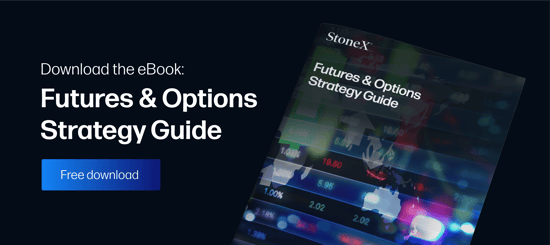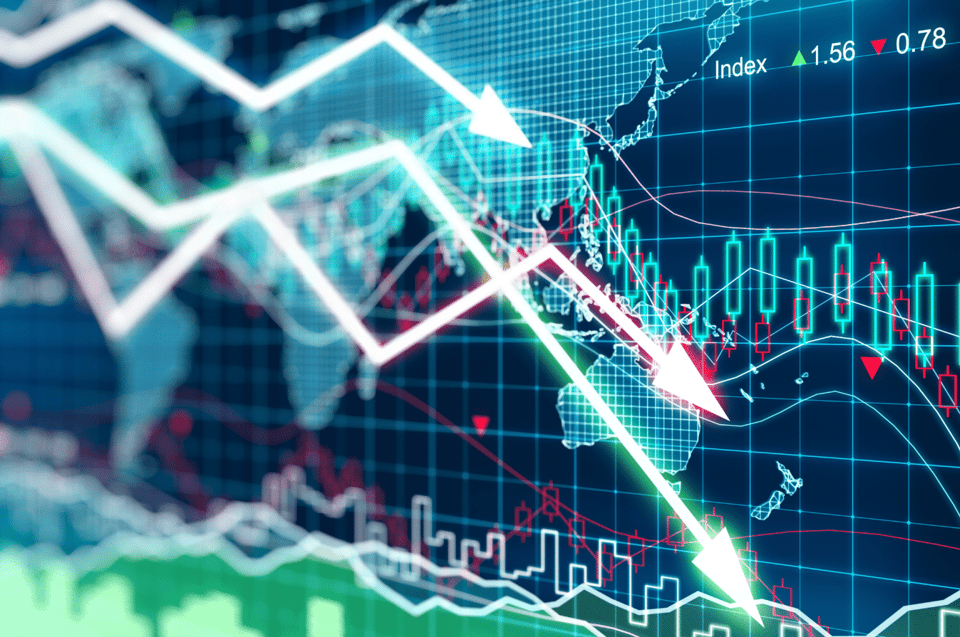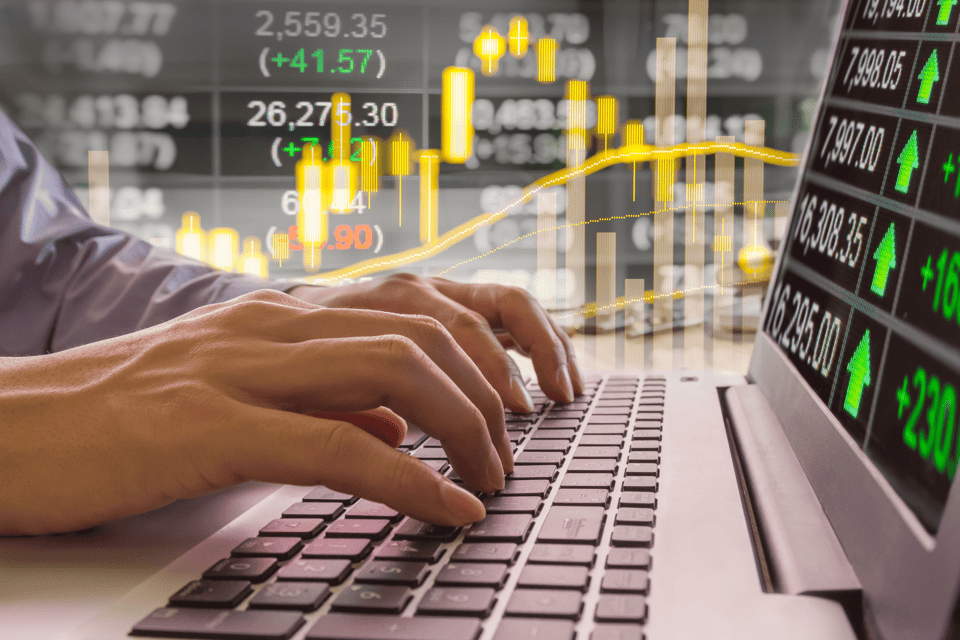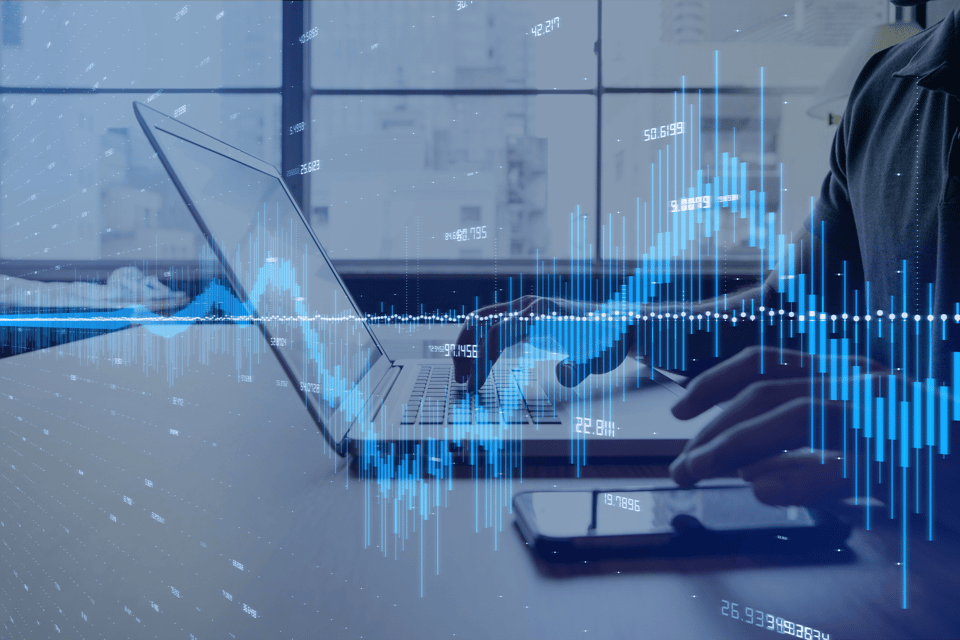There’s no denying that active trading involves risk and potential capital loss. Without a comprehensive game plan and a temperament receptive to the business, the ordinary Joe has a better-than-average chance of going bust. But is futures trading simply an online trip to Vegas? The answer to that question depends greatly on how you play your cards.
The House Edge
The term “gambling” repulses some people but invokes passion in others. The Cambridge dictionary defines it as being “the activity of betting money, such as a game or horse race, in the hope of making money.” Scholars at Oxford call gambling the act of “playing games of chance for money; bet.” Words such as “hope” and “chance” allude to the eventual outcome already being decided ― gambling is a losing proposition.
For hundreds of years, empires have been built on attracting risk-takers, from Monaco to Las Vegas. Games of chance have always had their fans, and trading is often thrown into the same category as roulette or blackjack. So, the question remains: Is futures trading gambling?
Any trades are educational examples only. They do not include commissions and fees.
In short, no. There’s a significant difference between taking a futures trade and betting on Black 13. Given the construct of roulette, your long-run statistical expectation is negative. The house has a built-in edge, one that may be beaten temporarily but will always prevail given a large enough sample size. This is true for the vast majority of casino games and is the backbone of the entire industry.
According to the University of Nevada Las Vegas (UNLV) the house has a quantifiable edge in these casino favorites:
| Game | House Edge |
|---|---|
| Keno | 27.0% |
| Slots | 5-10% |
| Roulette (Double Zero) | 5.3% |
| Craps (Pass/Come) | 1.4% |
| Craps (Pass/come, double odds) | 0.6% |
| Baccarat | 1.2% |
| Blackjack (Average Player) | 2.0% |
| Blackjack (Single Deck, Basic Strategy) | 0.0% |
The math behind these games guarantees that if you play long enough, losing money is a certainty. As Robert De Niro uttered in the 1995 mob-drama Casino: “We’re the only winners in Vegas. The players don’t stand a chance.”
Futures Trading vs. Gambling
De Niro’s sentiments are spot on for casino gaming, but they don’t translate to the futures markets. There’s one key element that sets futures trading apart from gambling: you. The individual determines the rules of the game ― not the casino. Futures furnish you with the ability to assume risk, identify rewards, and develop strategies on your own terms.
To illustrate this point, refer to the house-edge table above. Aside from double-odds offerings in craps, players have the best shot at beating a single-deck blackjack game using basic strategy. However, in order for the house edge to be eliminated (0.0%), the game must be unique (single-deck), and the player must implement a specific strategy (basic). If these elements are present and adhered to, your long-term expectation would be to walk away from the game even steven, at best.
What if you could play a game where the house doesn’t have the edge? Well, best of luck finding one of those in a casino. However, they do exist in the futures markets. By conducting trade efficiently within the structure of a comprehensive plan, the tables may be turned in your favor. Through defining all aspects of the “game” in question, a trader can quantify an edge in the futures markets. Here’s how:
- Risk: Selecting how much capital to allocate on a trade-by-trade basis limits downside risk exposure. In addition, the ability to cut losses at any point provides an added level of security and promotes longevity in the marketplace.
- Reward: The inherent volatility of futures may produce profits above and beyond assumed risk. Instead of having to overcome a built-in house edge on every transaction, beneficial trades may eclipse losses exponentially.
- Opportunity: The futures markets offer traders a wide variety of products to choose from, including stock indices, bonds, commodities, and currencies. In addition, markets are open on a 23/5 basis. The potential trading opportunities are limited only by prevailing market conditions and the imagination of the individual.
A rules-based approach to futures trading takes away all of the guesswork. Over time, success rates become quantifiable, as does profitability. If you have an edge, and robust market access, then you will make money. Simple as that.
Getting Started in Futures
To many people, the futures markets remain a mystery, similar to hitting the Daily Double at Belmont. Often, all that’s needed to dispel the myths is a little education. For more information on what futures can do for you, schedule a free conversation with a member of our team at StoneX today.



